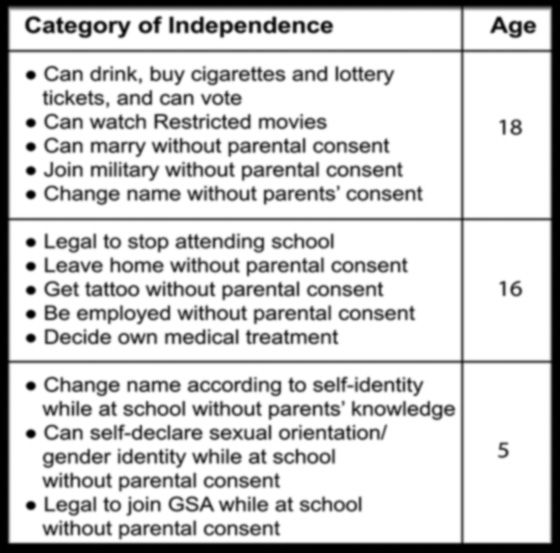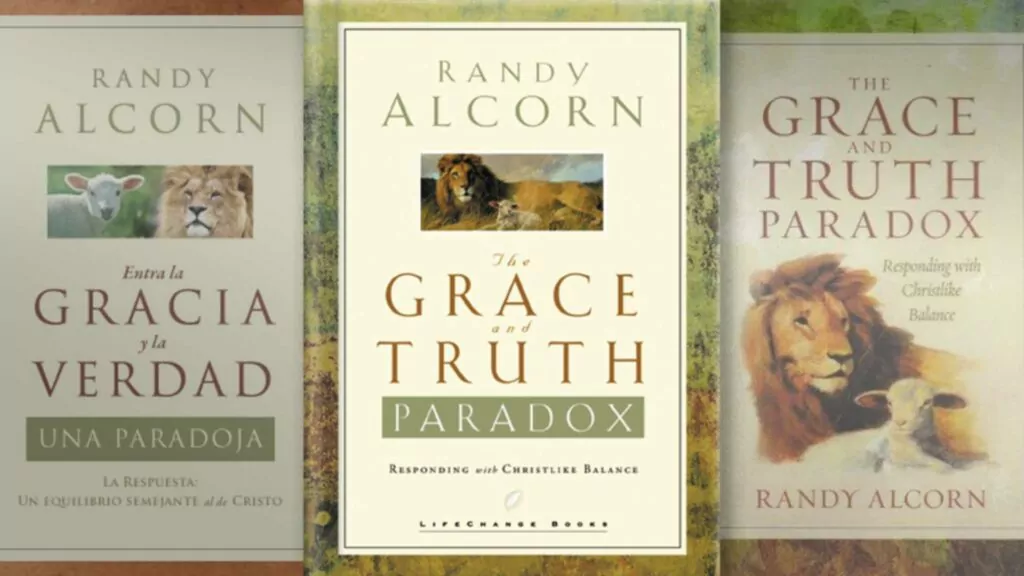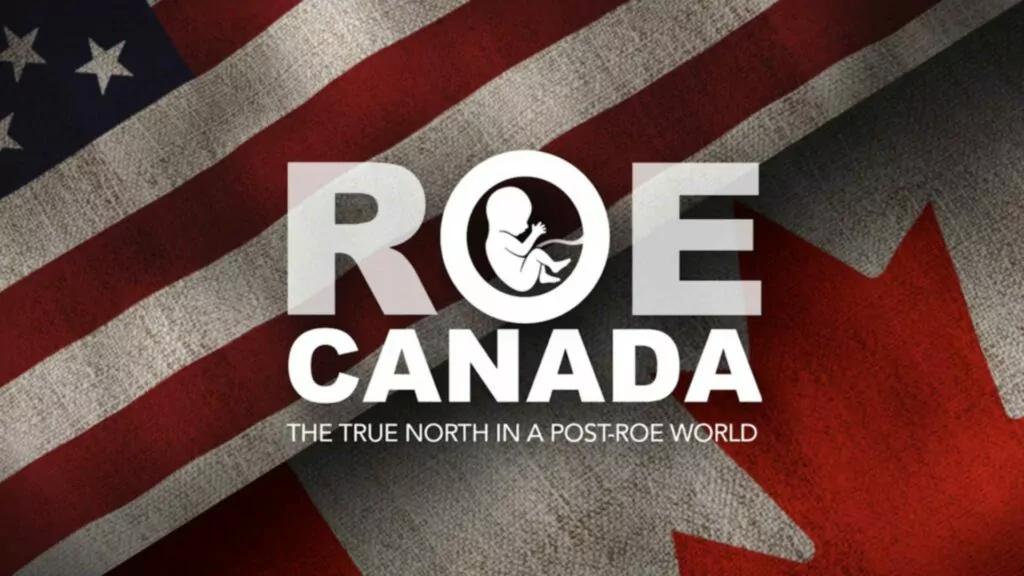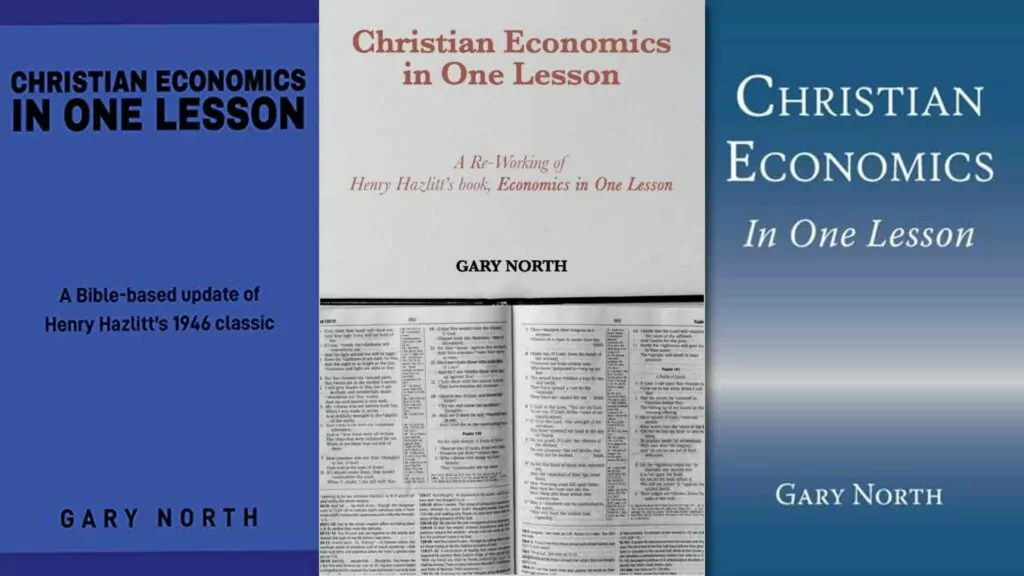Big Bang Christianity?
Can we fit the Big Bang into the Bible?
****
Cosmology is the most important subject in the world.
Why? Because it is the story of the world: its origin, structure, purpose, and destiny. Our cosmology forms the basis for our response to the most fundamental questions regarding our existence. Our cosmological beliefs shape our morality, religion, and culture. Our cosmology is closely linked to our worldview.
I contend then, that to make Christianity plausible, we must critique the current secular worldview and particularly its Big Bang cosmology. And then we must present Christianity as a comprehensive worldview with its own, Christ-centered, cosmology.
TRYING OUT A BIBLICAL BIG BANG?
Unfortunately, many Christian scientists and theologians accept Big Bang cosmology as gospel truth, established beyond any reasonable scientific doubt. They believe that, to make Christianity plausible to our society, Christians should embrace Big Bang Cosmology.
Far from seeing “Big Bang Cosmology” (BBC) as a threat to Christianity, prominent apologists such as William Craig and Stephen Meyer believe it provides compelling evidence of the biblical teaching of creatio ex nihilo, thus offering a useful step in proving the existence of a transcendent God. For example, Meyer concludes:
"Taken jointly, general relativity and the Big Bang theory provide a scientific description of what Christian theologians have long described in doctrinal terms as creatio ex nihilo – creation out of nothing (again, nothing physical). These theories place a heavy demand on any proposed causal explanation of the universe, since the cause of the beginning of the universe must transcend time, space, matter, and energy."1
Christian apologist Gregory Koukl goes even further,
"I know the Big Bang idea is controversial with some Christians, but I think that’s because they haven’t realized how well it fits the Story , which basically says the same thing."2
Of course, since BBC forms an integral part of the naturalist worldview, Christians must first “baptize” BBC. This involves insisting that the biblical God is the creator of the universe, that BBC merely describes how God created, that God can act miraculously at times, and so on. However, regarding the history of the physical universe, baptized BBC is factually identical to the naturalist version.
So, how well does BBC fit the Christian worldview? Are there really no clashes? Is there no theological price to pay? Let’s examine more closely how the Bible and BBC compare regarding the past, future, and present structure of the universe.
CONFLICTS REGARDING ORIGINS
1. Astronomical evolution
Big Bang Cosmology and Genesis certainly agree on a few things: the universe began a finite time ago, light was one of the first things created, and humans the last.
Yet, they differ hugely on the timescale (billions of years versus thousands of years) and the order of events (Sun, then Earth, then vegetation, versus Earth, then vegetation, then Sun). They differ also regarding the mode of creation. In BBC everything arises gradually through evolutionary processes, based solely on the operation of natural laws. According to the Bible, God acted directly at each step, bringing in something new. And this happened quickly: He spoke, and it was.
Further, they differ in that BBC assumes natural laws have never changed whereas, according to the Bible, rebellion against God subjected the entire creation, including astronomical objects, to distortion and decay, affecting even natural laws.
To harmonize the Bible with BBC one could simply re-interpret Genesis 1 (and Ex. 20:11; 31:17), treating the creation days as merely a literary device (e.g., the Framework Hypothesis) conveying theological rather than historical truth, and re-interpret those biblical texts speaking of the universal effect of sin (e.g., Isa. 65:17, 2 Pet. 3:13; Rev. 21:1; Heb. 12:26-27).
This may seem like a small price to pay to harmonize the Bible with modern cosmology. Unfortunately, this introduces the hermeneutical principle that perceived scientific truths should control our reading of Scripture. Once that hermeneutic is granted legitimacy, it becomes difficult to restrain.
2. Geological evolution
ADAM CONTEMPLATING HIS ANCESTOR? The Big Bang brings with it ancestors for Adam who would have lived and died millions of years before he ever came to be.
One could stop here, adopting an old universe/young earth position. This, however, is rarely done. Having accepted mainstream astronomy, why not likewise accept mainstream geology? Both are based on the same naturalist presuppositions. If the naturalist picture of the history of stars and planets is deemed reliable, why not also the naturalist picture of the history of planet Earth?
Consequently, BBC-accepting Christians generally accept also mainstream geology as giving a reliable account of Earth history.
But now the cost is much higher. Mainstream geology claims fossil evidence for pain, suffering, predation, disease, earthquakes, and the like, millions of years before Man. Such natural evil could therefore not be due to Adam’s Fall, but must be part of God’s initial “very good” creation.
Much else in Genesis now becomes implausible. Thus William Craig considers Genesis 1-11 to be “mytho-history,” having “fantastic elements” that are “palpably false” if taken to be literally true, including the ideas that God created the world in six days, that there was a snake that could talk, that there were actual cherubim with a flaming sword, that Noah’s flood was global, that linguistic diversity can be traced back to the Tower of Babel, and that the earth is only thousands of years old.3
Ironically, Craig’s stress on God’s transcendence, needed for his cosmological argument, aids his mythologizing of Genesis:
"If Genesis 1–11 functions as mytho-history, then these chapters need not be read literally. The accounts of the origin and Fall of man are clearly metaphorical or figurative in nature, featuring as they do an anthropomorphic deity incompatible with the transcendent God of the creation account."4
The greatest problem, however, is mainstream geology’s placing the existence of humans, or human-look-alikes, more than a million years ago, as primitive cave-dwellers, lacking language skills. This is hard to square with the biblical account of Adam and his fall into sin. The biblical Adam does not fit plausibly within naturalist geology. Hence, the proper Christian approach is to rebuild geology, taking due account of biblical history.
3. Biological evolution
This brings us to the next logical step. Having accepted mainstream astronomy and geology, why not also mainstream biology? If mainstream science is right about the ages of things, why should it not also be right about the evolutionary origin of things?
Most Christian biologists are evolutionists. They consider the evidence for evolution overwhelming. So does theologian Bruce Waltke, who said,
“if the data is overwhelmingly in favor of evolution, to deny that reality will make us a cult…some odd group that is not really interacting with the world...To deny scientific reality would be to deny the truth of God in the world. For us as Christians, this would serve as our spiritual death because we would not be loving God with all of our minds. It would also be our spiritual death in witness to the world because we would not be seen as credible..."5
Where does that leave Adam? Adam has been variously considered as a neo-lithic farmer, a tribal chief, a representative human, the first homo sapien, or a member of an even earlier hominid species. He is viewed as either fully created, physically evolved with a created soul, or fully evolved. Craig takes Adam and Eve to be two evolved members of Heidelberg Man, in whom God implanted rational souls at least 750,000 years ago.6
Given the difficulty of fitting the biblical Adam into mainstream science, many theologians now deny his actual existence. Theologian Peter Enns considers Adam to be merely a literary figure.<sup>7</sup> So does theologian John Schneider, who believes that humans were never morally upright, that death is not due to sin, and that Christ’s atonement was not a payment for human sin. Blaming evolution (and thus implicating God, who drives evolution) for making humans selfish and sinful, he ends up with a universalism where all humans are saved.8 Clearly, major theological matters are now at stake; this has become a salvation issue.
Few Christians may want to go that far. Yet once we start adapting the Bible to mainstream science the stopping point becomes arbitrary, as is reflected in the wide spectrum of views on origins among Christians.
THE BIG BANG AND HEAVEN
The Bible depicts Heaven as a physical place created directly by God, in time and space, and containing angels, God’s throne, Christ in His human flesh, the departed souls of saints, etc. Normally invisible to us, Heaven seems to be a three-dimensional subspace embedded in a larger-dimensional space containing also the celestial cosmos. It may well have its own natural laws. Yet Heaven is closely linked to Earth, where heavenly agents can cause physical effects.
This Heaven is hard to reconcile with modern cosmology, which assumes there is no space or time beyond our physical universe. It considers the celestial universe to be a closed system. It literally has no place for Heaven. It is hard to imagine Heaven originating from the Big Bang singularity, partaking of any expansion of space, or undergoing any sort of physical change.
Christians upholding Big Bang Cosmology rarely discuss Heaven or angels. When they do, they seem to think of Heaven as a vague spiritual abstraction. Thus, for example, William Craig believes that Heaven is a purely spiritual realm, beyond space-time, inhabited entirely by non-physical beings, so that even Christ presently has no physical body.9
THE BIG BANG AND THE FUTURE
The contrast between Big Bang Cosmology and Christianity is most stark regarding the future. Modern cosmology predicts the eventual extinction of all life in the universe, whether by freezing, frying, or the “big rip.” Further, modern biology asserts that dead is dead; there can be no resurrection of dead individuals.
Against such despair, the central hope of Christianity is the impending return of Christ, the resurrection of the dead, the Last Judgment, and life everlasting in a renewed heaven and a renewed earth. These essentials of Christianity cannot be compromised by any Christian worthy of the name.
Hence, many Christian believers in Big Bang origins will reject Big Bang eschatology. For example, William Craig,10 as well as physicists-turned-theologians John Polkinghorne11 and Robert Russell,12 all profess that Christian hope for a personal, as well as a cosmic resurrection must be grounded upon God and His mercy rather than in science.
To justify their rejection of Big Bang eschatology, they all note that God’s sovereignty enables him to change natural laws or personally intervene whenever He wishes, invalidating scientific predictions based on uniformity assumptions. Therefore, they urge, we should trust the Bible about God’s future eschatological acts, rather than the predictions of mainstream science.
Such a Bible-first epistemology is commendable. Yet it is highly inconsistent with their belief, following mainstream science, that Gen. 1-11 is largely mythical, or “palpably false,” to use Craig’s words. If we can trust God’s word about the future, why not also about the past? If God’s radical actions in nature can nullify scientific extrapolations into the future, why not apply the same limits to scientific extrapolations into the past?
The cosmic reconciliation will involve much continuity, in that the Earth and heavenly bodies will not be destroyed but renewed. But also there will be also discontinuity, in that the renewed cosmos will likely not be subject to physical decay. Russell speculates that the natural laws may be modified, so that thermodynamics may be included only to the extent that it contributes to natural good, but not to natural evil.<sup>3</sup>
Russell’s proposal regarding future thermodynamics is remarkably similar to the modified thermodynamics suggested by some creationists as applying to the initial “very good” creation before its distortion due to sin. Indeed, the biblical eschatological terms of “renewal,” “redemption,” “reconciliation” all imply a restoration back to an original good state. It seems that the entire cosmos was adversely affected by sin, from which it will be cleansed and recreated into a new heaven and earth (e.g., Rom. 8:18-25, 2 Peter 3: 5-13).14
Finally, Russell does not question that this transition will take place very rapidly: after Christ’s return but before the new Jerusalem comes down from heaven. The apostle John's vision of the new heavens (Rev. 21:1-2) suggests that the cosmos will be instantly transformed so that renewed galaxies billions of light-years away will be immediately visible to an observer on the renewed Earth. Just like in the initial creation, where God spoke “and it was so.” If distant starlight is not a problem in the renewed cosmos, why should it be a problem in the original cosmos?
CONCLUSION
To sum up, Christians should be wary of embracing Big Bang cosmology. Although this in itself may involve only minor revision of the Bible, it introduces a science-driven hermeneutic. This opens the door to acceptance also of geological and biological evolution, leading to the loss of the biblical Adam, and raising numerous weighty theological problems.
It is hard to square modern cosmology with the existence of Heaven as a physical place in space and time that interacts with the visible cosmos. Most importantly, Christians must certainly break with Big Bang cosmology regarding its future predictions, which rule out a future restored cosmos and our bodily resurrection.
Therefore, since we must ultimately place our trust in God's written Word, and in the power and faithfulness of our Lord, regarding our future salvation, should we not likewise apply this same trust to other matters that God has revealed to us? Christians should develop their own comprehensive cosmology and worldview, rather than trying to placate worldly wisdom.
If, in the eyes of the world, Christianity is ultimately viewed as foolishness anyway, we may as well be consistent "fools."
Dr. John Byl blogs at Bylogos.blogspot.com where this first appeared. He is a Professor emeritus for Trinity Western University, and the author of “God and Cosmos: A Christian View of Time, Space, and the Universe” and “The Divine Challenge: On Matter, Mind, Math & Meaning.”
END NOTES
1 Stephen C. Meyer 1999. “The Return of the God Hypothesis”, Journal of Interdisciplinary Studies 11 (1-2):1-38, p. 8.
2 Gregory Koukl 2017. The Story of Reality: How the World Began, How It Ends, and Everything Important That Happens in Between, Grand Rapids: Zondervan, p. 51
3 William Lane Craig 2021. In Quest of the Historical Adam. Grand Rapids, MI: Eerdmans, p. 101, 105.
4 Ibid.
5 Quoted in Morris III, H. 2010. “Creation by Evolution”. Acts & Facts. 39 (6): 4-5.
6 William Lane Craig, “The Historical Adam,” First Things 316 (October 2021): 47-48.
7 Peter Enns 2012. The Evolution of Adam. Brazos Press.
8 John R. Schneider, “Recent Genetic Science and Christian Theology on Human Origins: An ‘Aesthetic Supralapsarianism,’” Perspectives on Science and Christian Faith 62:3 (Sept 2010): 197.
9 https://www.reasonablefaith.org/writings/question-answer , #714 Zygotic Jesus (Jan.11, 2021), accessed Nov.3, 2022.
10 William Lane Craig, “The End of the World.” Available at: www. reasonablefaith.org/writings/popular-writings/science-theology/the-end-of-the-world/. Accessed March 6, 2023.
11 John Polkinghorne 2002. The God of Hope and the End of the World, Yale University Press: New Haven, CN.
12 Robert J. Russell 2008. Cosmology: From Alpha to Omega. Minneapolis, MN: Fortress Press.
13 Russell, op.cit. pp. 307-310.
14 See, for example, Cornelis Venema 2000. The Promise of the Future, Edinburgh: Banner of Truth, ch.13....

 In Tom Blackwell’s January 5, 2023, National Post article “Some parents object as Canadian schools quietly aid students’ gender transition,” he showed where this can go:
In Tom Blackwell’s January 5, 2023, National Post article “Some parents object as Canadian schools quietly aid students’ gender transition,” he showed where this can go: 





























